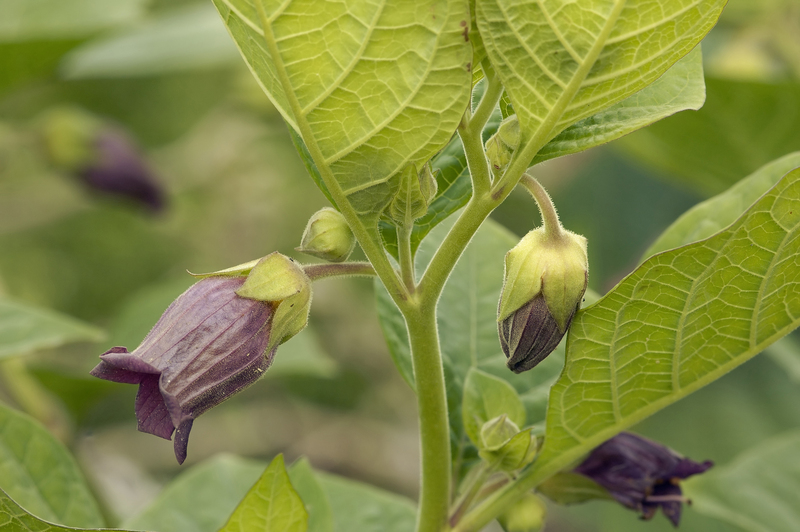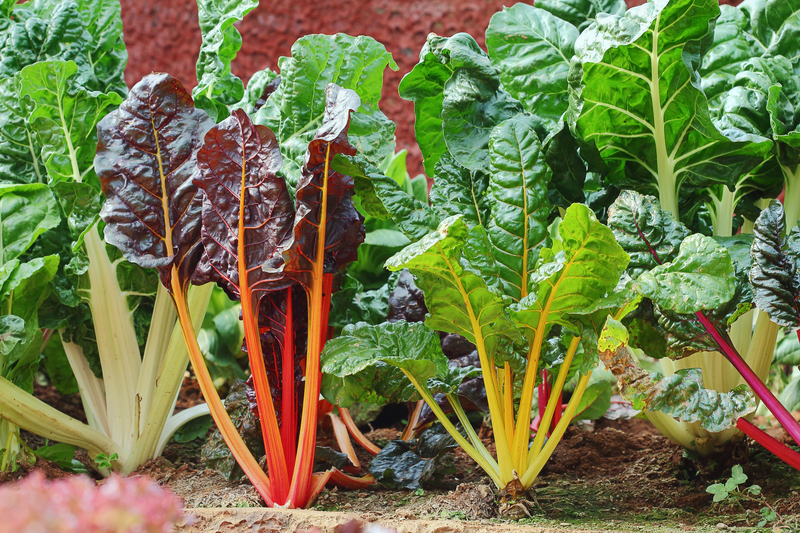Summer gardening essentials: What you need to know to successfully maintain your garden
Posted on 01/06/2024
Summer is here, and that means it's time to get your hands dirty in the garden! With longer days and warmer temperatures, this season offers the perfect conditions for plants to thrive. But as any gardener knows, maintaining a garden in the summer months can be a challenging task. From hot weather to pesky pests, there are a lot of factors that can affect the health of your garden. To help you keep your garden looking its best, we've compiled a list of essential tips and tools that every gardener should have in their arsenal. Read on to find out what you need to know to successfully maintain your garden this summer.
What you need to know to successfully maintain your garden
Watering is key
One of the most important tasks when it comes to maintaining a garden in the summer is watering. With the sun blazing down and temperatures rising, plants can quickly dry out if not watered regularly. However, it's important to strike a balance - too much water can also be damaging. The best time to water your plants is early in the morning or in the evening when the sun has gone down. This allows for maximum absorption and helps prevent evaporation.
Invest in a good hose and sprinkler system
To make watering easier and more efficient, invest in a good quality hose and sprinkler system. This will allow you to cover larger areas of your garden without having to constantly move around with a watering can. Look for a hose with an adjustable nozzle so you can control the flow of water, and choose a sprinkler that covers a wide area.
Mulch it up
Mulching is another important step in maintaining your garden during the summer months. A layer of mulch helps retain moisture in the soil, preventing it from drying out too quickly. It also helps keep weeds at bay and adds nutrients to the soil as it breaks down. You can use various types of mulch such as wood chips, straw, or shredded leaves.
Keep an eye out for pests
Unfortunately, summer also brings with it a range of pesky garden pests that can wreak havoc on your plants. Keep an eye out for aphids, slugs, snails, and other common pests. Early detection is key to preventing an infestation, so be sure to inspect your plants regularly. There are many natural and organic methods for pest control, such as companion planting and introducing beneficial insects like ladybugs.
Protect from the sun
Just like us, plants can get sunburned too! Protect delicate plants from the scorching heat by providing them with some shade during the hottest part of the day. This could be in the form of a shade cloth or by moving potted plants to a shadier spot. Don't forget to also wear sunscreen yourself while tending to your garden!
Prune and deadhead
Summer is a great time for plants to grow and bloom, but sometimes they need a little help. Pruning spent flowers and removing dead or damaged branches encourages new growth and helps promote healthy plant growth. Plus, it also keeps your garden looking neat and tidy.
Use fertilizers sparingly
While fertilizers can provide important nutrients to your plants, too much can actually harm them. Only use fertilizers when necessary and follow the recommended dosage on the packaging. Be sure to also use organic or slow-release fertilizers for a more sustainable approach.

Pros:
o Longer days and warmer temperatures provide ideal conditions for plant growth.
o With proper maintenance, you can have a lush and vibrant garden all summer long.
o Enjoy fresh produce from your own backyard.
Cons:
o High temperatures can cause plants to dry out quickly if not watered regularly.
o Pests can become a problem if not detected early on.
o Overuse of fertilizers can harm plants and damage the soil.

Tips:
o Water in the morning or evening for maximum absorption.
o Invest in watering tools such as a hose and sprinkler system.
o Use natural methods for pest control.
o Provide shade for delicate plants during the hottest part of the day.
o Prune and deadhead regularly to promote healthy growth.
o Use fertilizers sparingly and opt for organic or slow-release options.
Takeaways:
Summer gardening requires regular maintenance, proper watering, and being on the lookout for pests. Having the right tools and techniques can make all the difference in keeping your garden thriving during this hot season.
In conclusion, with these essential tips and tools, you'll be well-equipped to successfully maintain your garden this summer. From watering and mulching to pest control and pruning, take care of your plants and they'll reward you with beautiful blooms and delicious produce. Don't forget to also take care of yourself while tending to your garden - stay hydrated, wear sunscreen, and enjoy the fruits (and vegetables) of your labor. Happy gardening!
Latest Posts
Top Tips for Cleaning Your Patio and Paving Like a Pro
Easy Steps to Sharpen Your Garden Shears Without Leaving Home
Inspiring Concepts to Cultivate Your Own Zen Garden Sanctuary




